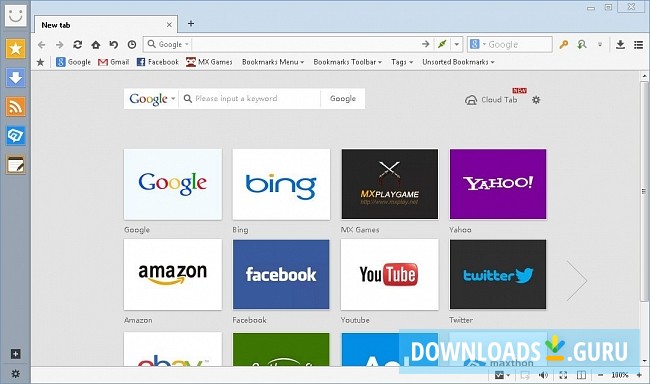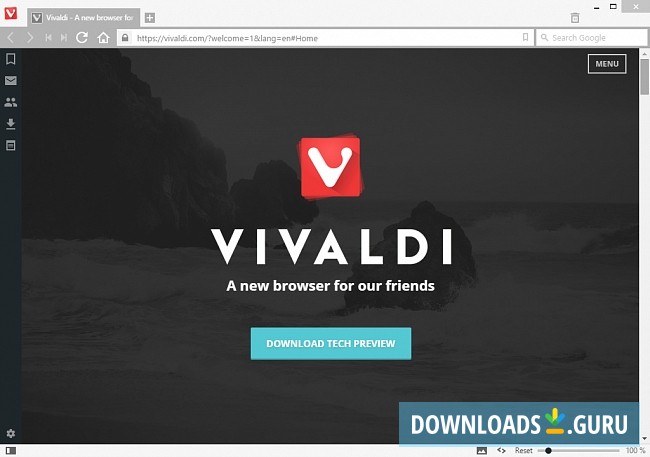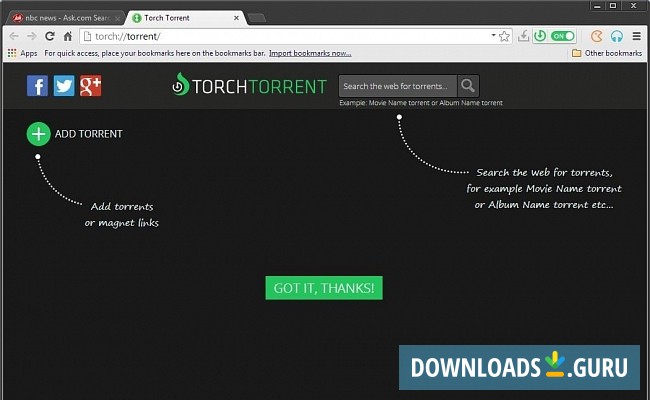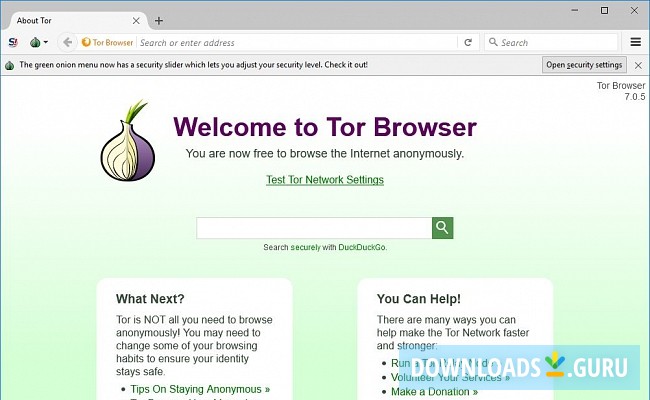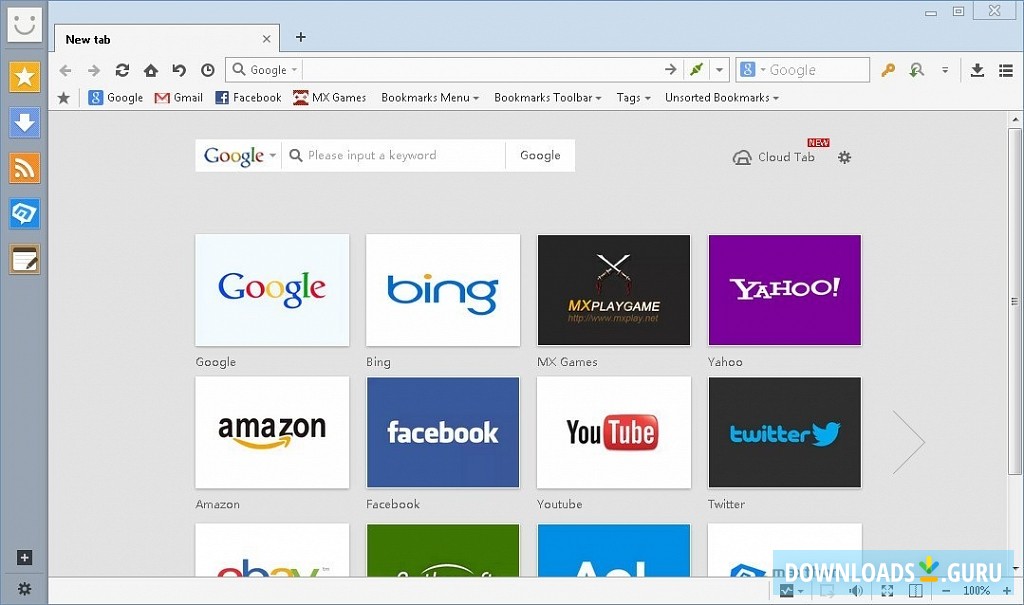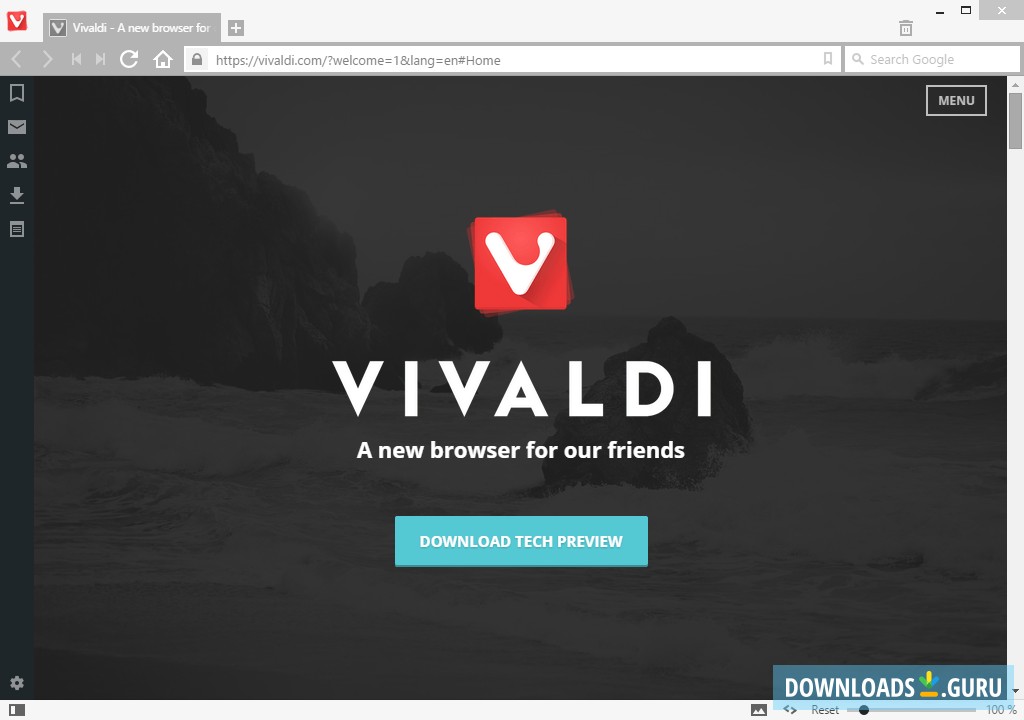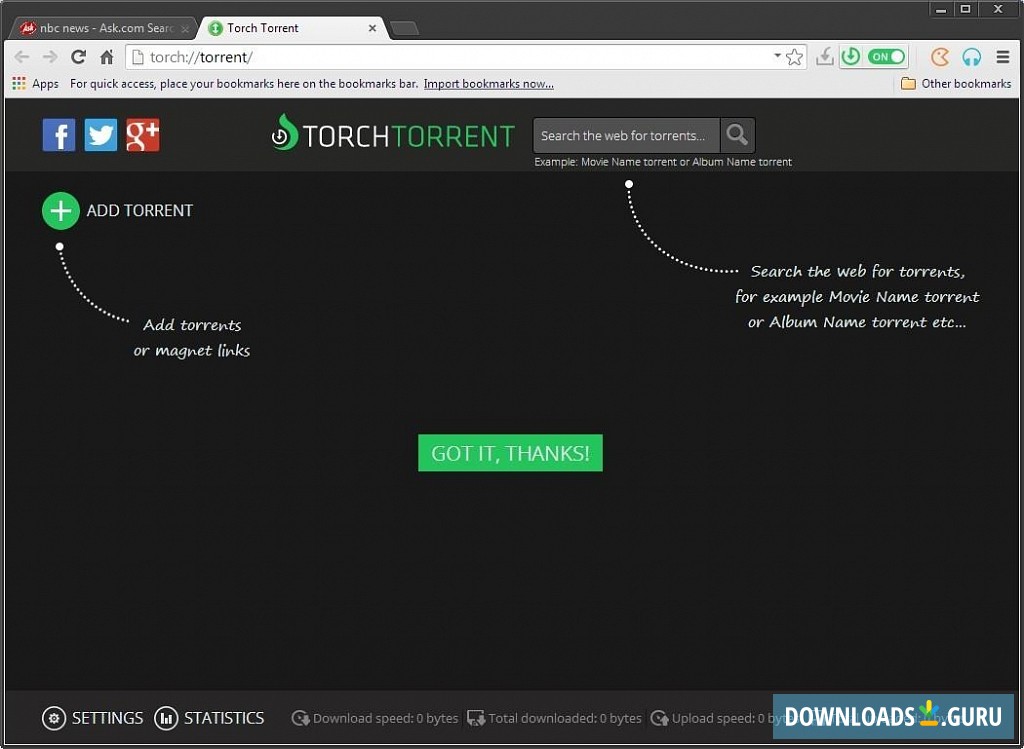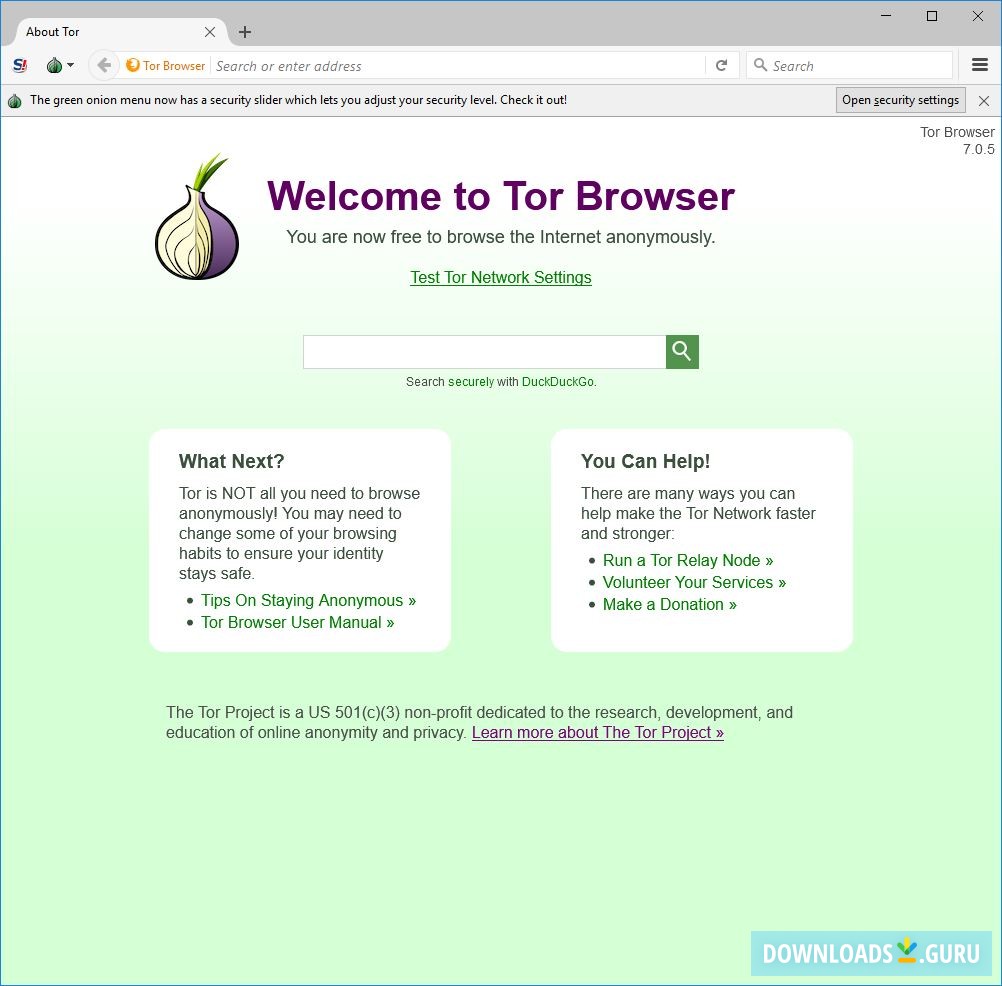Don't you think that Google Chrome or Mozilla Firefox are a hell of a new Internet Explorer? They became somewhat of every user's default choice, thus slightly rigid, over-regulated, with their own blunders and privacy breaches, and as we all know the existence of any standard or rule provokes a strong urge to look for alternatives. We handpicked a pack of alternative, not-so-famous web browsers, a bit more secure, a bit more fancy or powerful, and ultimately analyzed them to find out their specials, powers, and quirks, as well as reasons to opt for them!
Maxthon is a cloud-based browser employing a dual-core architecture, which slightly reminds of those early Chinese smart-phones, kinda overstuffed with all sorts of functionality. It offers cloud services, inbuilt Adblock, screen-capture, and a ton of other cool tools, which the developers were able to fit in it, probably compensating for the lack of available plugins as this browser is based on IE engine. Anyway, it's free, available for all major platforms, waiting for you to try it.
- Provides a cloud-based backup, sync and file/image/text sharing capabilities accompanied by an advanced encryption.
- Dual-core technology: uses a combination of Webkit and Trident to optimize the resources and perfromance.
- Parental control and built-in adblock feature to remove pop-ups and intrusive banners.
- No automatic updates.
- Allows grabbing Facebook and YouTube videos which may be considered as an improper practice.
- Privacy concerns: back in 2016 it was involved in a scandal about it sending all browsing data to a server in China; it was said to be a bug which has been fixed since then.
- Minor UI quirks.
Built on Chromium platform, inspired by Opera, Vivaldi offers a one-of-a-kind flexible, clutter-free tab management, along with a brilliant ergonomics-focused personalization. Although it has no dedicated security features, Vivaldi lives up to its name - it's elegant, personalized and assists you in becoming a really virtuosic web-surfer. Vivaldi browser is free, works with Windows, Linux, and Mac, packed with additional widgets and tools, and moreover compatible with all Chrome extensions.
- Super flexible tab management: tab stacks, split-screen view, tab hibernation, and more.
- A great degree of adaptation to user's needs: deeply customizable styles, shortcuts, gestures, and behaviors.
- A refreshing take on the basics: enjoy browser history analytics, enhanced search capability, and bookmarks manager with tags.
- No cross-device synchronization.
- Slow address bar.
- Minor glitches are still there.
Torch Browser is a real 'Swiss Army knife' for all multimedia lovers, as it's stuffed with special tools and additions: built-in torrent management feature, audio & video players, access to its own media portals, social network sharing, and much more. Unfortunately, this browser is no longer updated, but you can still try it and discover all its capabilities - it is free and works with Windows only.
- A wealth of multimedia tools, including built-in torrent downloader, audio/video player, and social media features.
- No need to wait for a torrent to fully download - Torch Player can play even files still in the process.
- Gives the Facebook appearance a 'facelift': you can re-style your Facebook profile's background, fonts, colors and more.
- Gives you access to free media/games portal with favorite song playlists, albums, etc.
- Grabbing streaming videos (as well as using torrents) can be considered as an improper practice.
- Torrent and music additions are reported to crash and shut the browser down at times.
- Minor UI quirks.
- No longer updated.
- Limited OS choice.
The legendary Tor ('the onion router', a modded version of Mozilla Firefox) is powered by its own web security protocol that makes your traffic untraceable because it runs across a distributed network of intermediary servers set up by enthusiasts from all around the globe. It is well-known for its multi-layer “onion routing” method that obscures your web activity and thus provides more anonymity levels than any other web-browser, especially when it comes to accessing the dark side of the Web - so-called Dark Web including un-indexed .onion resources that may contain all kinds of illegal stuff (we strongly recommend that you stay away from it!) Tor works with all major desktop OS.
- Clean UI + complex security tools that are easy to set and use.
- Contains no 'backdoors' as its code can be examined by literally anyone.
- Routes your traffic through three relay servers in order to triple the protection.
- Supports exclusive access to the network of .onion resources which are inaccessible via other browsers.
- Installation is as effortless as of any regular browser, despite its powerful security system.
- Slows the browsing speed down.
- Takes some time to auto-configure every time it started.
- Reduces bandwidth speed.
- Still has a few security gaps: your anonymity may be ruined by a single use of an insecure app, such as Flash player.
Representing itself as a 'faster, more secure version of Firefox', Comodo IceDragon is another security-focused web browser built on a Mozilla's open source core; it works the best in combination with Comodo Internet Security suite that is required to activate secure DNS option. It includes a virtualized DNS mode that doesn't let your Internet provider track your web browsing activity at the level of their infrastructure (which sounds pretty cool), stops DNS poisoning attacks, and also delivers a better performance that is due to a separated DNS gateway (not shared with other users). Comodo IceDragon is free of charge and works with Windows only.
- Comodo Internet Security users can enjoy SecureDNS service to minimize tracking and for a faster browsing.
- Incorporates a real-time domain check and filtering tool (aka Site Inspector).
- Firefox optimized core: reduced code as for crash reports, performance data submissions, etc.
- Social media button: allows you to share your findings on Facebook, Twitter or LinkedIn.
- Limited OS choice.
- Data import from Mozilla Firefox is only available during the installation.
- Not everyone may want to use Comodo Internet Security as a must to enable all security options.
So which one of these Chrome killers would be your choice? What is your priority after all: a versatile personalization, full anonymity and security or multimedia powerhouse? As you see we've selected a diverse set of solutions, based on different platforms, having their own pros and cons - now it's your turn, please tell us in the comments what browser you prefer and why it matters to you, thank you!






